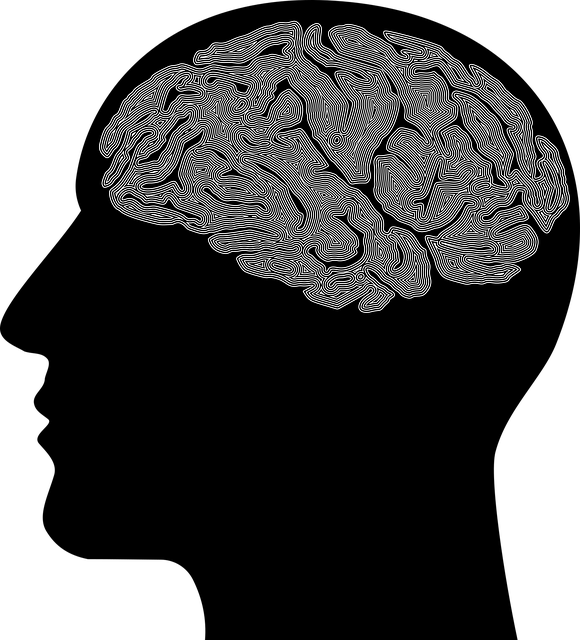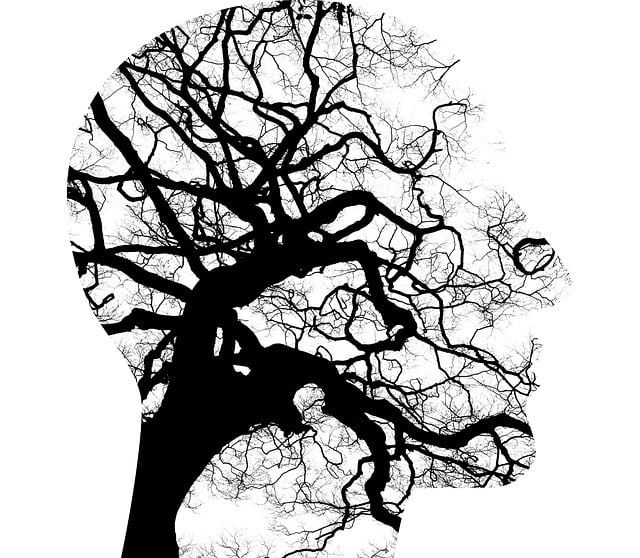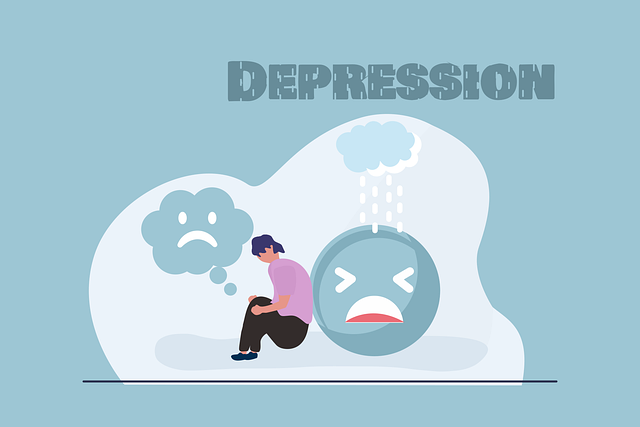Diagnosing postpartum depression (PPD) in Littleton presents challenges due to varied symptoms and co-occurring disorders, influenced by cultural factors and societal stigma. Innovative strategies like dynamic scoring algorithms and specialized programs like Littleton Postpartum Depression Therapy (LPPD) enhance diagnostic accuracy. LPPD offers crisis intervention, community outreach, and holistic coping strategies, improving mental health outcomes for new mothers. Public awareness campaigns destigmatize mental health issues, encouraging early intervention and better patient outcomes. Overcoming barriers to access, such as stigma and financial constraints, is crucial for improved diagnosis and overall well-being through specialized Littleton Postpartum Depression Therapy.
Mental illness diagnosis accuracy is a critical aspect of patient care, yet it remains a challenging field. This article delves into the intricacies of improving diagnostic standards, especially focusing on postpartum depression, as seen in Littleton’s therapeutic practices. We explore the challenges mental health professionals face and how innovative approaches, like specialized therapy models, can enhance accuracy. Additionally, we discuss strategies to ensure accessible and supportive environments for accurate diagnoses, highlighting the importance of widespread implementation of successful methods, such as Littleton Postpartum Depression Therapy.
- Understanding the Challenges of Mental Illness Diagnosis
- The Impact of Littleton Postpartum Depression Therapy
- Innovative Approaches to Enhance Diagnosis Accuracy
- Ensuring Access and Support for Accurate Diagnosis
Understanding the Challenges of Mental Illness Diagnosis

Diagnosing mental illnesses accurately can be a complex and challenging task due to their often subtle nature and wide range of symptoms. Many conditions, like postpartum depression (PPD) in Littleton, present differently across individuals, making it difficult for healthcare professionals to pinpoint specific indicators. For instance, what might be indicative of severe depression in one person could appear as anxiety in another, adding a layer of complexity to the diagnostic process.
The challenges extend further with mental health symptoms often co-occurring or overlapping. This complicates matters as healthcare providers must sift through multiple possible diagnoses. Additionally, cultural factors and societal stigma surrounding mental illness can influence how individuals present their symptoms, potentially leading to misdiagnosis or delayed treatment. Efforts to improve diagnosis accuracy include enhancing clinical training, encouraging open dialogue about mental health, and promoting public awareness campaigns that challenge the stigma associated with conditions like PPD, ultimately fostering a more supportive environment for accurate assessment and effective treatment.
The Impact of Littleton Postpartum Depression Therapy

The impact of Littleton Postpartum Depression Therapy (LPPD) on new mothers’ mental health and well-being has been profound. This specialized therapy program, tailored to address postpartum depression, has shown remarkable success in alleviating symptoms and improving overall mental wellness. LPPD therapy goes beyond traditional counseling by offering crisis intervention guidance, helping women navigate the intense emotional challenges they may face during this critical period.
Through a combination of individual sessions and community outreach program implementation, LPPD fosters a supportive environment. It equips mothers with coping strategies and provides them with a safe space to share their experiences. This holistic approach not only enhances mental wellness but also strengthens the bond between mother and child. By focusing on early intervention, LPPD has the potential to prevent more severe depression and anxiety disorders, ensuring a brighter and healthier future for both mother and child.
Innovative Approaches to Enhance Diagnosis Accuracy

In recent years, mental health professionals have embraced innovative approaches to enhance diagnosis accuracy, particularly focusing on conditions like postpartum depression (PPD). One prominent strategy involves integrating advanced assessment tools and evidence-based practices tailored for new mothers in clinical settings, such as those offered at Littleton Postpartum Depression Therapy. These methods go beyond traditional questionnaires by incorporating dynamic scoring algorithms that consider a patient’s unique context, including cultural factors. By addressing the growing demand for culturally sensitive mental healthcare (Cultural Sensitivity in Mental Healthcare Practice), these advancements aim to improve diagnostic precision and reduce disparities in treatment access.
Additionally, public awareness campaigns development has played a pivotal role in destigmatizing mental health issues and encouraging earlier intervention. These campaigns often collaborate with community leaders and advocates to disseminate information about recognizing PPD symptoms and the availability of support services (Mental Health Policy Analysis and Advocacy). By fostering open dialogue and promoting public understanding, these efforts contribute to an environment where accurate diagnosis can occur more frequently, ultimately leading to better patient outcomes.
Ensuring Access and Support for Accurate Diagnosis

Ensuring access to quality mental wellness services is a key aspect of enhancing diagnosis accuracy, especially for conditions like postpartum depression, which often requires specialized Littleton postpartum depression therapy. Many individuals face barriers to receiving appropriate care due to stigma, lack of awareness, or financial constraints. To address these issues, efforts should focus on increasing community education about mental health and breaking down societal taboos associated with seeking help.
Community outreach programs, early intervention strategies, and affordable therapy options can significantly improve diagnosis accuracy and access. By promoting stress management techniques and burnout prevention practices, individuals can better recognize the signs of mental illness and seek timely support. This holistic approach not only ensures accurate diagnoses but also empowers people to take proactive measures for their overall well-being.
Mental illness diagnosis accuracy is a multifaceted challenge that requires innovative approaches, such as evidence-based therapies like Littleton Postpartum Depression Therapy, improved access to healthcare, and ongoing support for mental health professionals. By implementing these strategies, we can ensure more accurate and timely diagnoses, leading to better patient outcomes and enhanced well-being in communities worldwide.








